Gets Along with Others
The ability to form positive and healthy relationships with peers and adults. Children with better abilities to regulate their emotions and behaviours have more friends and experience more positive playtime with their peers.
Getting along with others and being able to form satisfying relationships with peers and adults is at the centre of emotional and physical well-being. Friendships provide opportunities for children and youth to master social skills, increase learning and establish positive behaviour. Learning the skills and competencies needed in order to develop and maintain successful relationships is a process that starts in infancy with the first critical relationship - the relationship between the caregiver(s) and the infant and then continues through development with adults supporting increasingly complex social interactions that children and youth encounter in their various environments.
A healthy caregiver-child relationship forms the template for future peer relations and friendships; however, while friendships take on an increasingly important role in late childhood and adolescence, they do not act as a substitute for caregiver-child attachments. Both healthy connections to peers and adults are necessary for child and youth development.
105 Resources
-
- Secure and Calm
- Gets Along with Others
- Alert and Engaged
- Compassionate and Kind
- Solves Problems Peacefully
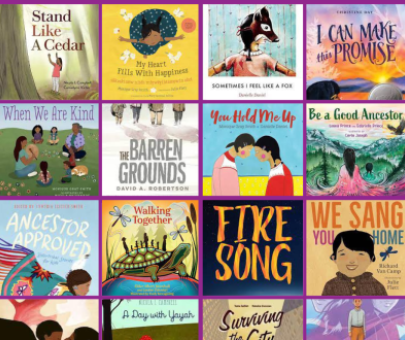
Indigenous Connections and Perspectives for Heart-Mind Well-Being: Children's Booklist & Activities
-
- Secure and Calm
- Gets Along with Others
- Alert and Engaged
- Compassionate and Kind
- Solves Problems Peacefully
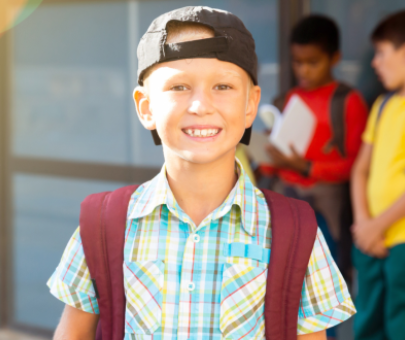
Supporting School Transitions for Tweens and Teens
-
- Secure and Calm
- Gets Along with Others
- Alert and Engaged
- Compassionate and Kind
- Solves Problems Peacefully
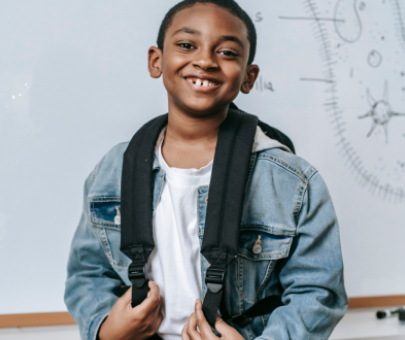
Empathic Assertiveness: Confidence, Communication & Respect
-
- Secure and Calm
- Gets Along with Others
- Alert and Engaged
- Compassionate and Kind
- Solves Problems Peacefully
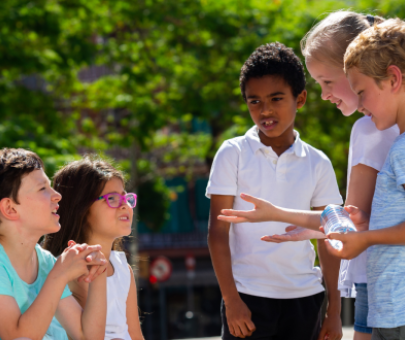
Passive Mouse, Assertive Dog, Aggressive Alligator: Exploring Communication Styles for Kids
-
- Secure and Calm
- Gets Along with Others
- Alert and Engaged
- Compassionate and Kind
- Solves Problems Peacefully
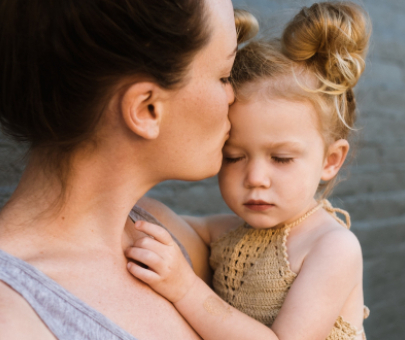
Lesson Plan: Connecting to Compassion
-
- Secure and Calm
- Gets Along with Others
- Alert and Engaged
- Compassionate and Kind
- Solves Problems Peacefully

5 Ways to Help Teens Manage Anxiety
-
- Secure and Calm
- Gets Along with Others
- Alert and Engaged
- Compassionate and Kind
- Solves Problems Peacefully
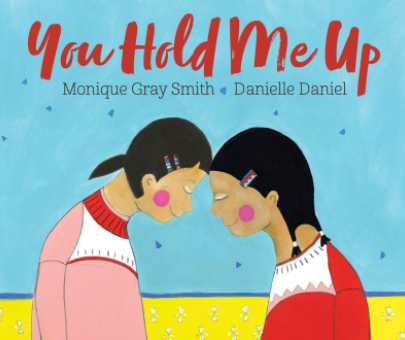
5 Activities for Holding Each Other Up, Inspired by Monique Gray Smith
-
- Secure and Calm
- Gets Along with Others
- Alert and Engaged
- Compassionate and Kind
- Solves Problems Peacefully
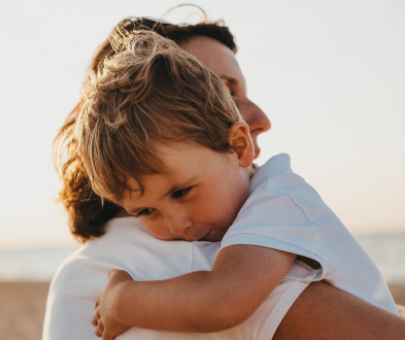
Regulation IS Connection: How to Model Regulation as a Parent or Caregiver
-
- Secure and Calm
- Gets Along with Others
- Alert and Engaged
- Compassionate and Kind
- Solves Problems Peacefully
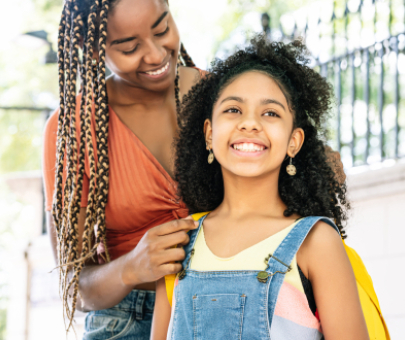
Supporting School Transitions for Tweens and Teens, the Heart-Mind Way
-
- Secure and Calm
- Gets Along with Others
- Alert and Engaged
- Compassionate and Kind
- Solves Problems Peacefully
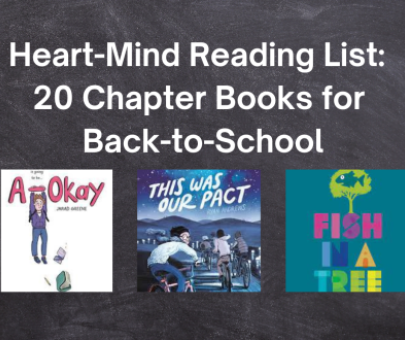
Heart-Mind Reading List: 20 Books for Back-to-School for Teens & Tweens
-
- Secure and Calm
- Gets Along with Others
- Alert and Engaged
- Compassionate and Kind
- Solves Problems Peacefully
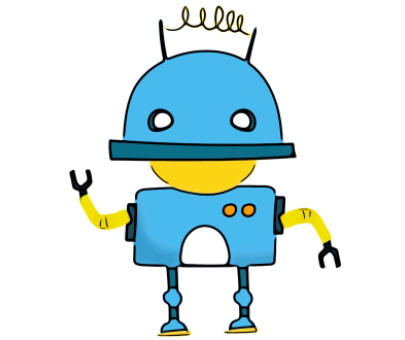
Teaching Heart-Mind Well-Being: Sophie's Heart - A Resource for K-3
-
- Secure and Calm
- Gets Along with Others
- Alert and Engaged
- Compassionate and Kind
- Solves Problems Peacefully
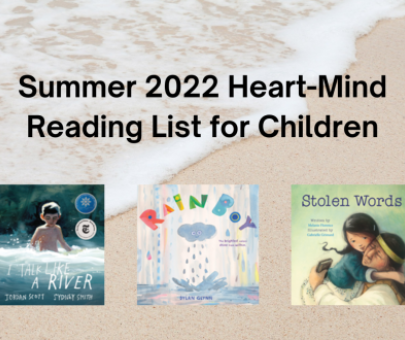
Heart-Mind Summer Reading List for Children